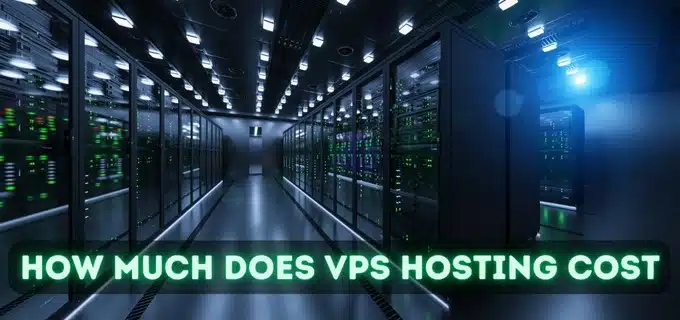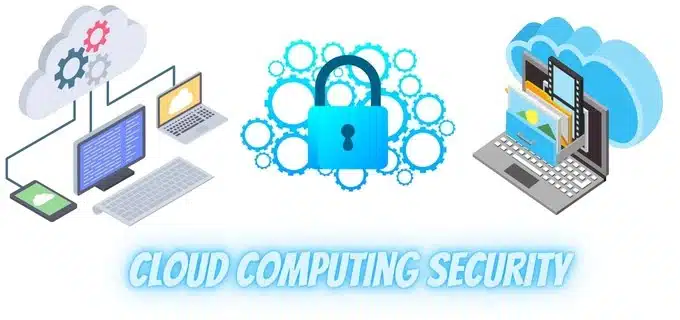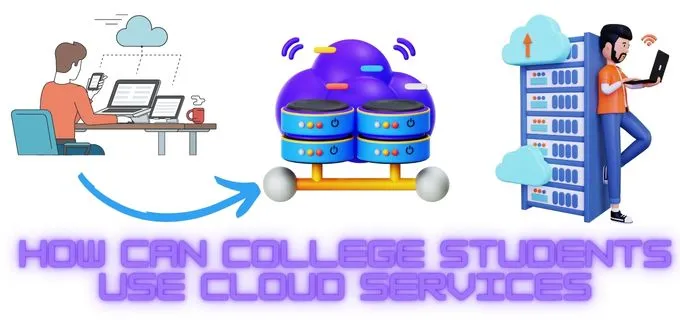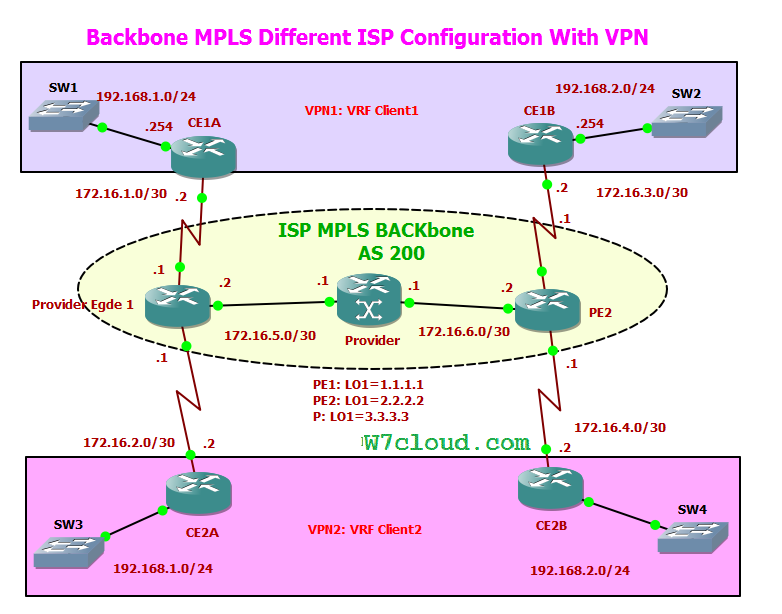
A virtual server is an isolated part of a physical server that is owned by the provider. It is leased to you on a long-term lease with administrative access. A hardware server may have more than one part, but each part works independently.
What is VPS/VDS hosting
VPS stands for “virtual private server” and VDS stands for “virtual dedicated server.” These terms mean the same thing: a virtual server that runs inside a physical server. Functionally, a virtual server is similar to a physical server.
When using a physical server, one person has complete control over all its resources without any limitations. The hosting provider offers VPS server service to individual users, such as website operators, by creating multiple, isolated but concurrent servers on one computer.
Are there any differences a user needs to know before renting a VPS?
The difference between VPS servers is in the type of virtualization. It’s a way for virtual servers to share and use the same resources. There are several, but hosting providers usually offer three.
1. Operating System-Level Virtualization:
The physical server’s operating system is used to run such VPS servers. You don’t have a choice of operating system for your server: the only choices are versions that are compatible with the parent system.
2. Paravirtualization
The operating systems of such VPS servers have their own kernel. However, its capabilities are limited. You still won’t be able to install any operating system, but you will have a wider choice.
3. Full virtualization
The virtual server’s operating system also has its own kernel, but there are no restrictions on the operating system’s capabilities. Any software that is supported by the operating system can be installed on the server.
You can rent a virtual server by contacting the specialists of our company for the successful implementation of online projects. To ensure an uninterrupted operation of the resource, we offer VDS and VPS. They are virtual servers hosted on one node (root server). Their advantages are full virtualization and the presence of their kernel. They have a higher level of security and flexibility of customization. You can buy a virtual dedicated VDS from Deltahost – (https://deltahost.ua/vps.html) and then install any operating system on it.

Why VPS/VDS Hosting is Cool
Using VPS/VDS hosting has some really good points:
- Better Performance: Websites get to use more power because they don’t have to share with too many others.
- Safety First: Each website is like in its own bubble. This keeps them safe from anything bad happening to other websites.
- Easy to Grow: When a website becomes really popular, VPS/VDS hosting helps it grow by giving it more resources.
- Not Too Expensive: Even though it’s like having a special place for each website, it doesn’t cost as much as a whole computer for each.
How Much Does VPS Hosting Cost?
Think of it like renting a place to live. The cost depends on a few things:
- How Much Space: Websites that need more space pay a bit more, like renting a bigger apartment.
- Easy or Hard: Some places come with a landlord who helps with things. It’s the same with VPS/VDS. If they help a lot, it might cost more.
- Extras: Just like getting cable TV or internet at home costs more, some extra things for websites cost more too.
- Where You Live: Just like rent is different in different cities, hosting costs change based on where the big computer is.
Who needs to rent a virtual server, and what are its benefits?
A virtual server is suitable for large websites or applications. It has enough capacity to serve a bank or corporate site, online shop, program, or forum with many users. The VPS have many advance features:
E-Commerce Platforms:
The lack of restrictions on the VPS server will benefit the owner of an online store. The server is not dependent on other users and has a fixed amount of resources. Shared hosting means sharing resources with others and being mindful of their limitations.
Business Websites:
A VPS server’s isolation and management capabilities benefit a corporate website’s owner. Unlike traditional hosting, on a VPS, you can choose what software you want to install, how many databases you want to connect, and how many mailboxes you want to create.
Multitasking
The multitasking capabilities of a VPS server come in handy for owners of multiple projects. Unlike shared hosting, there are no restrictions on the number of domains and traffic. With a VPS, you can host as many web sites as you have enough disk space for. And you can increase the allocated resources when you run out.
Developers and Testing:
A virtual server can be helpful if you’re a software developer. You can create a separate virtual server to test your new software or updates without affecting your main website or application. This keeps things safe and ensures your changes work correctly before going live.
Resource-Hungry Applications:
Some applications, like complex databases or resource-intensive software, need much power to run smoothly. A virtual server gives you the resources you need to ensure these applications run efficiently without slowing down.
Gaming Communities:
For online gaming communities, where multiple players interact in real-time, a virtual server can provide a stable and lag-free environment. It ensures that the game runs smoothly and players have a great experience.
Data Security and Privacy:
A virtual server offers better security and privacy than shared hosting if you deal with sensitive data, like customer information or confidential files. You have more control over security measures, reducing the risk of data breaches.
Content Creators and Bloggers:
Bloggers and content creators with high traffic websites can use a virtual server to handle many visitors without slowdowns. It helps maintain a responsive and enjoyable user experience.
Custom Software Requirements:
If your website or application requires specific software that isn’t supported on regular shared hosting, a virtual server allows you to install and run custom software tailored to your needs.
Web hosting has become really important for websites, and something called VPS/VDS hosting is quite interesting. It’s like a special technology for websites. Imagine you have a computer and want to share it with your friends to do different things simultaneously. VPS/VDS is like that, but for websites. It helps them share resources and do their work on the Internet.
Wrapping Up
VPS/VDS hosting is like giving websites their own space in a big online house. It helps them work better and stay safe. Remember, it’s like renting a place; the cost depends on how much space and help you need. So, if you’re making a website, think about VPS/VDS hosting – it’s like finding the right apartment for your site on the internet street!












